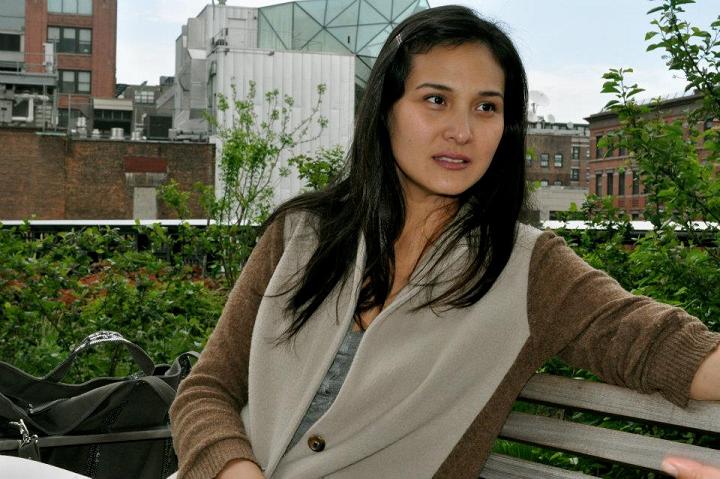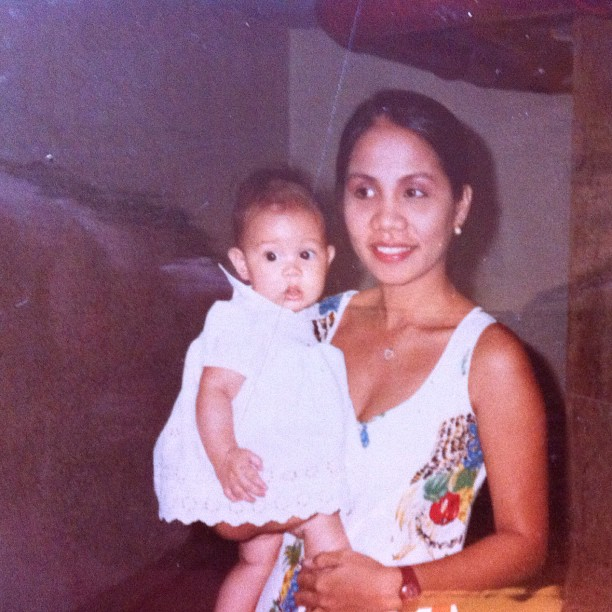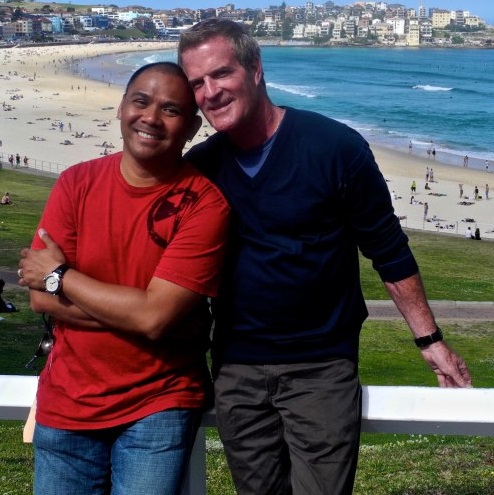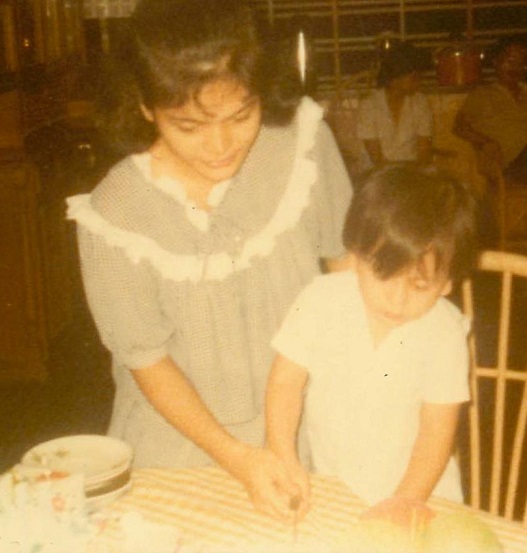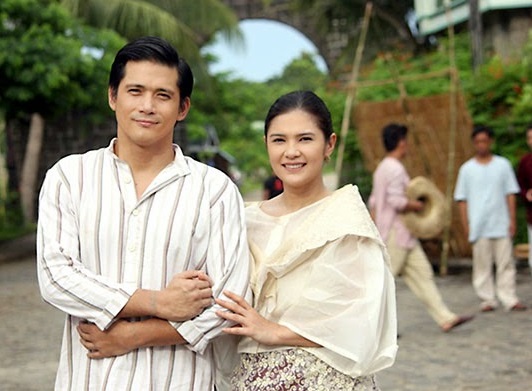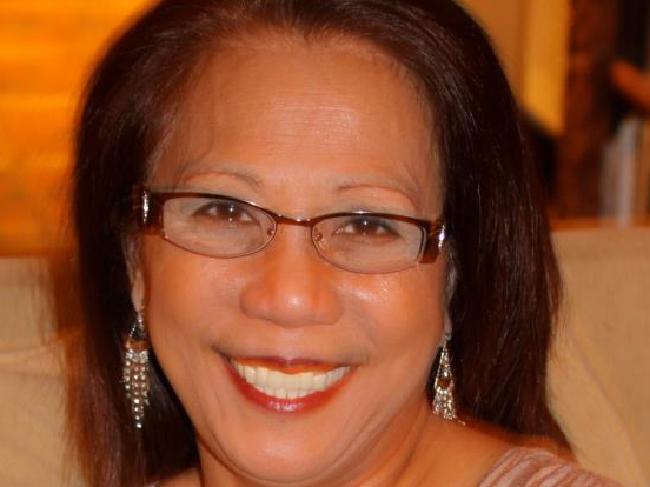Let’s help the Philippines choose better leaders through education
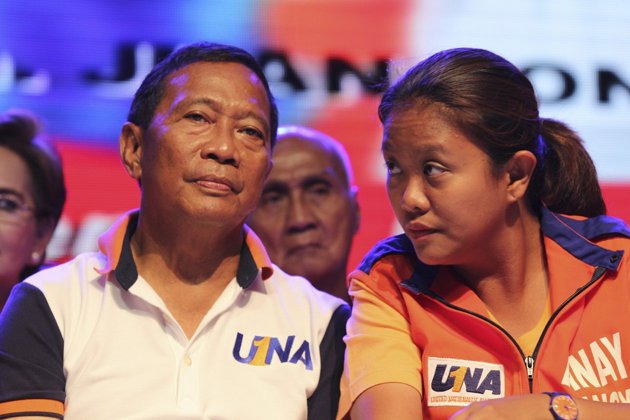
Senator-in-waiting Nancy Binay with her father, Vice President Jojo Binay: Post-Marcos dynasties win big in the Philippines
Really? After 1986, I thought the Philippines and the Filipino people really wanted a “democratic” country.
Now 2013, the Filipinos elected their senators, congressmen, governors, mayors, etc. with an outcome that seems insulting to some of us here in the U.S., even if majority of Filipinos think otherwise.
There’s one person everyone loves to hate: Nancy Binay. Yes, this inexperienced daughter of the Philippine vice president is going to be a senator. The hatred is fueled by partisan media, and those who are comparing her to more politically savvy candidates, such as Risa Hontiveros.
Grace Poe and Bam Aquino also have no background like Nancy, but they have their last names to bank on. Grace decided to go back to the Philippines after her father’s death. President Benigno ‘PNoy’ Aquino appointed her to lead an agency for the movies and television agency.
Bam Aquino, the president’s cousin, was appointed by Gloria Macapagal Arroyo due to his father Paul’s closeness to the former president.
Poe and Aquino are media favorites, projecting them as young, new, who “will” do good for the country. What about those who did good for the country for many years with reputable track record under their belt, yet without their politically connected surnames?
The result of the last election is the reflection of the political maturity of the Filipinos. They selected those who they think is good for them, and I respect that. Now that the election is over, there should be more conversation in understanding how our kababayans voted.
Think tanks and Asia experts in the U.S. and elsewhere are asking why in the world Filipinos voted the oligarchs, dynasties, the entertainers, the convicted, etc. back to power. From North to South, elected are the same names that have led them over the years. The same names — from congressman down to the councilman – keep coming back to win in our elections. The patronage system is prevailing all over the country.
What changed in the Philippine political tapestry after 1986?
It’s time Filipinos start talking about this for the sake of the country. I challenge the media and other experts to discuss this in their classrooms, conferences, town hall meetings. Let’s help the country choose better leaders through education.
“I don’t get it, I just don’t,” said a western diplomat shaking his head at the results of the recent midterm elections. “That’s why it’s more fun in the Philippines.”
Filipinos in the U.S. and neighboring islands voted differently from that in the Philippines. So, I hope more and more Filipinos in the Philippines and abroad vote during elections. There’s no reason for anyone to complain about the Philippines if you did not vote.
Remember, the result of the election is the mirror of our political maturity as a nation.
Bing Branigin is a community leader, freelance journalist and political analyst. She lived overseas, including Asia and Central America, for many years. She has served as adviser to various NGOs in the U.S. and in the Philippines.
 Trust our award-winning law firm with your immigration case.
Trust our award-winning law firm with your immigration case.

